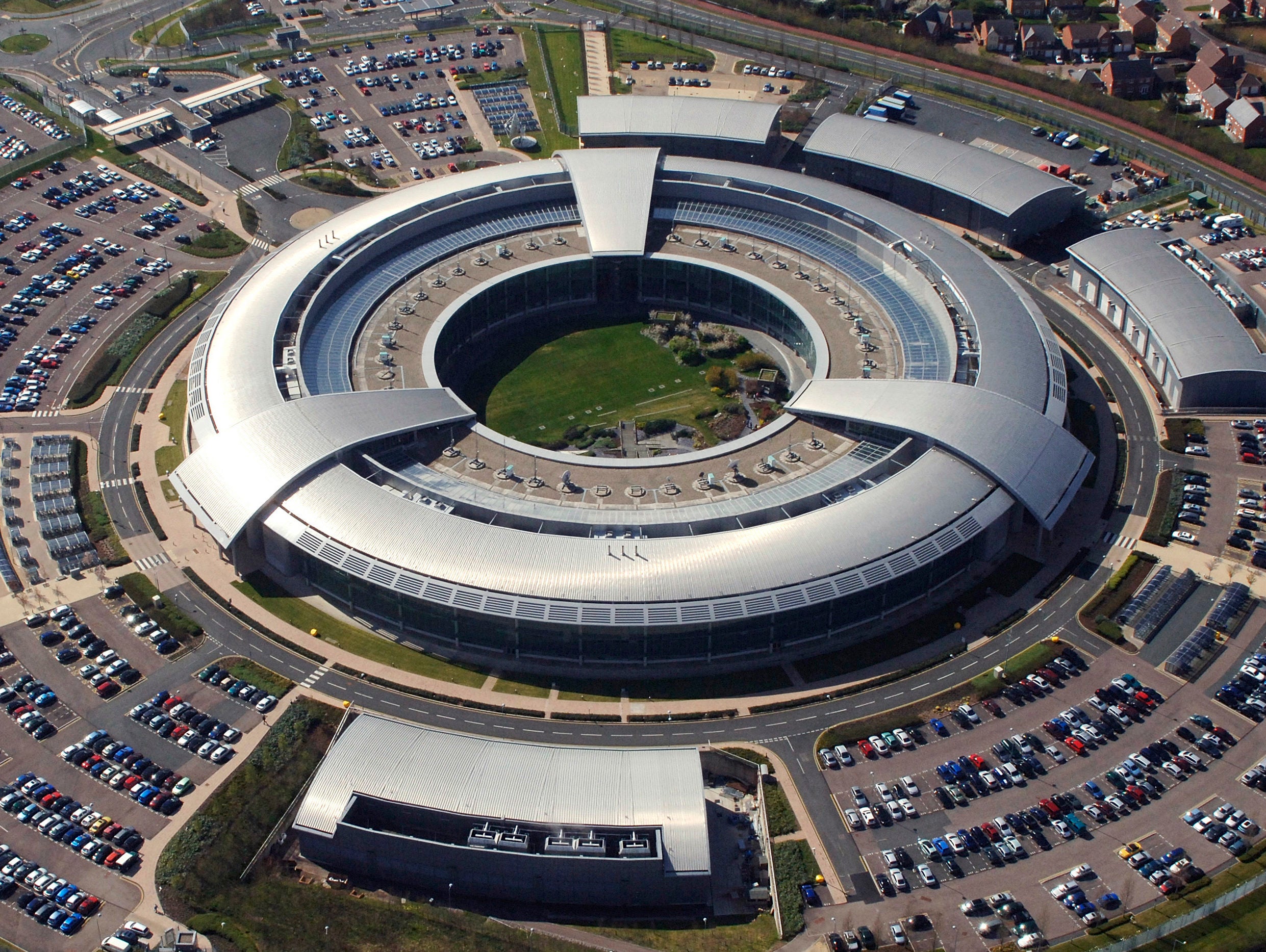
Journalists and campaigners have heralded an “extremely good day” as the European Court of Human Rights ruled the UK Government’s mass surveillance programmes were unlawful and violated the freedom of the press.
Judges found, by five votes to two, that the UK’s mass interception regime revealed by NSA whistleblower Edward Snowden in 2013 violated the Article 8 right to privacy under the European Convention on Human Rights.
This was because its bulk surveillance was “effectively indiscriminate, without basic safeguards and oversight”, campaign group Big Brother Watch said, and it did not have sufficient legal basis under the Regulation of Investigatory Powers Act 2000.
The court also ruled there had been a breach of Article 10, the right to freedom of expression, due to the “potential chilling effect that any perceived interference with the confidentiality of journalists’ communications and, in particular, their sources might have on the freedom of the press”.
There were insufficient safeguards in respect of confidential journalistic material.
The case was brought by a number of parties, including the Bureau of Investigative Journalism, campaign groups Big Brother Watch and English PEN, and human rights groups including Amnesty International.
Rachel Oldroyd, TBIJ managing editor, heralded the judgement, saying: “The Bureau believes the freedom of the press is a vital cornerstone of democracy and that journalists must be able to protect their sources.
“We are particularly concerned about the chilling effect that the threat of state surveillance has on whistleblowers who want to expose wrongdoing, and this ruling will force our government to put safeguards in place.
“It is an extremely good day for journalism.”
Rosa Curling of law firm Leigh Day, who represented TBIJ, said: “Today’s ECHR judgment should put an end to our security services and police forces using the mass surveillance of communications to identify journalists’ sources.”
Gavin Millar QC, also counsel for TBIJ, said: “The Government must now rewrite the law as to how the security and intelligence service can look at and use journalists’ confidential communications and material. Secretive arrangements like these cannot continue.
“There must be a public interest which overrides the vital right to journalistic free speech before officials can scrutinise such material.”
Michelle Stanistreet, NUJ general secretary, said the ruling was a “great result for ethical journalism and journalists in the UK”.
“We have been campaigning for years against the UK Government’s repressive surveillance laws that are detrimental to the public interest.
“We will continue to use all the avenues available to us to improve and amend the current laws and codes of practice. The Bureau should be congratulated for its excellent work and this is a hugely significant and positive outcome.”
Antonia Byatt, director of freedom of expression campaign group English PEN, said the Government should now take action to “guarantee our freedom to write and to read freely online”.
“Excessive surveillance discourages whistleblowing and discourages investigative journalism,” she said.
Lucy Claridge, Amnesty International’s strategic litigation director, said: “Today’s ruling represents a significant step forward in the protection of privacy and freedom of expression worldwide.
“It sends a strong message to the UK Government that its use of extensive surveillance powers is abusive and runs against the very principles that it claims to be defending.
“This is particularly important because of the threat that Government surveillance poses to those who work in human rights and investigative journalism, people who often risk their own lives to speak out.”
The case looked at three separate surveillance regimes: the bulk interception of communications, intelligence sharing with foreign governments, and the obtaining of communications data from communications service providers.
The judges found no violation in the regime for sharing intelligence with foreign governments.
The other two regimes have a statutory basis in the Regulation of Investigatory Powers Act 2000, and will see significant changes when the Investigatory Powers Act 2016 – dubbed the Snoopers Charter – comes fully into force.
Parts of the Snoopers Charter were ruled unlawful under EU law by the High Court in February and the Government has until 1 November to amend the legislation.
Silkie Carlo, director of Big Brother Watch, called it a “landmark judgement” that “vindicated” Snowden’s “courageous whistleblowing” via newspapers worldwide including the Guardian.
Carlo added: “This judgement is a vital step towards protecting millions of law-abiding citizens from unjustified intrusion.
“However, since the new Investigatory Powers Act arguably poses an ever greater threat to civil liberties, our work is far from over.”
Snowden tweeted today: “For five long years, governments have denied that global mass surveillance violates of your rights. And for five long years, we have chased them through the doors of every court.
“Today, we won. Don’t thank me: thank all of those who never stopped fighting.”
Email pged@pressgazette.co.uk to point out mistakes, provide story tips or send in a letter for publication on our "Letters Page" blog
